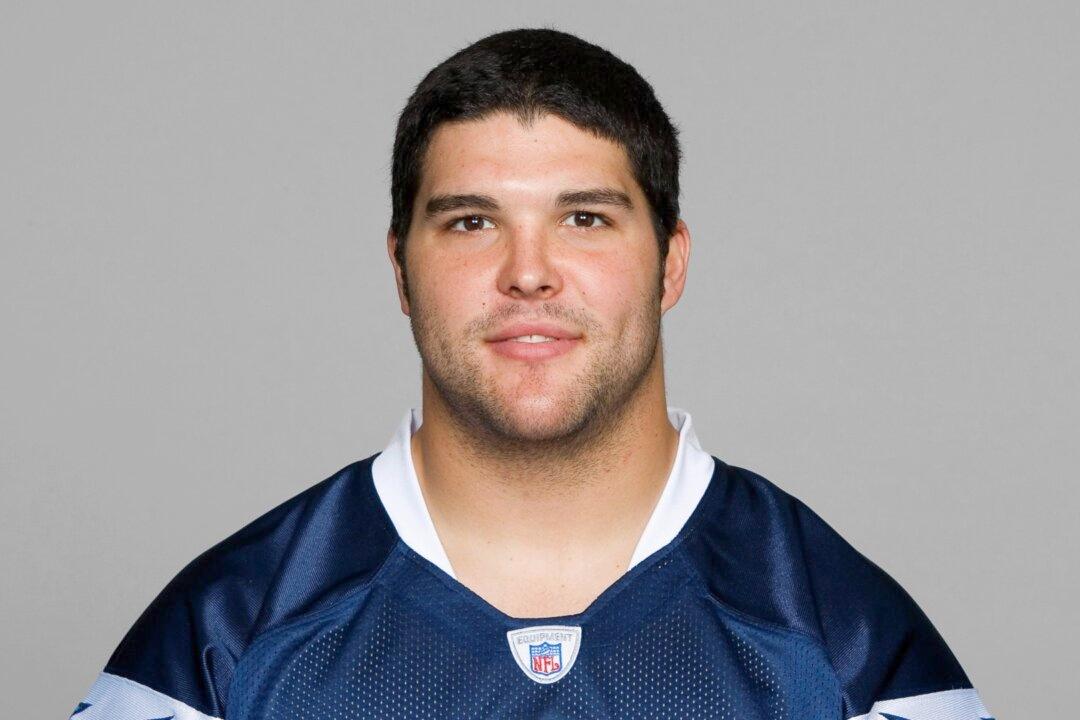Shane Olivea, a former offensive tackle for the then-San Diego Chargers who was known for his standout collegiate career at Ohio State University (OSU), has died on March 2, the Los Angeles Chargers announced in a statement. He was 40.
As of Saturday, Olivea’s cause of death was not revealed.





